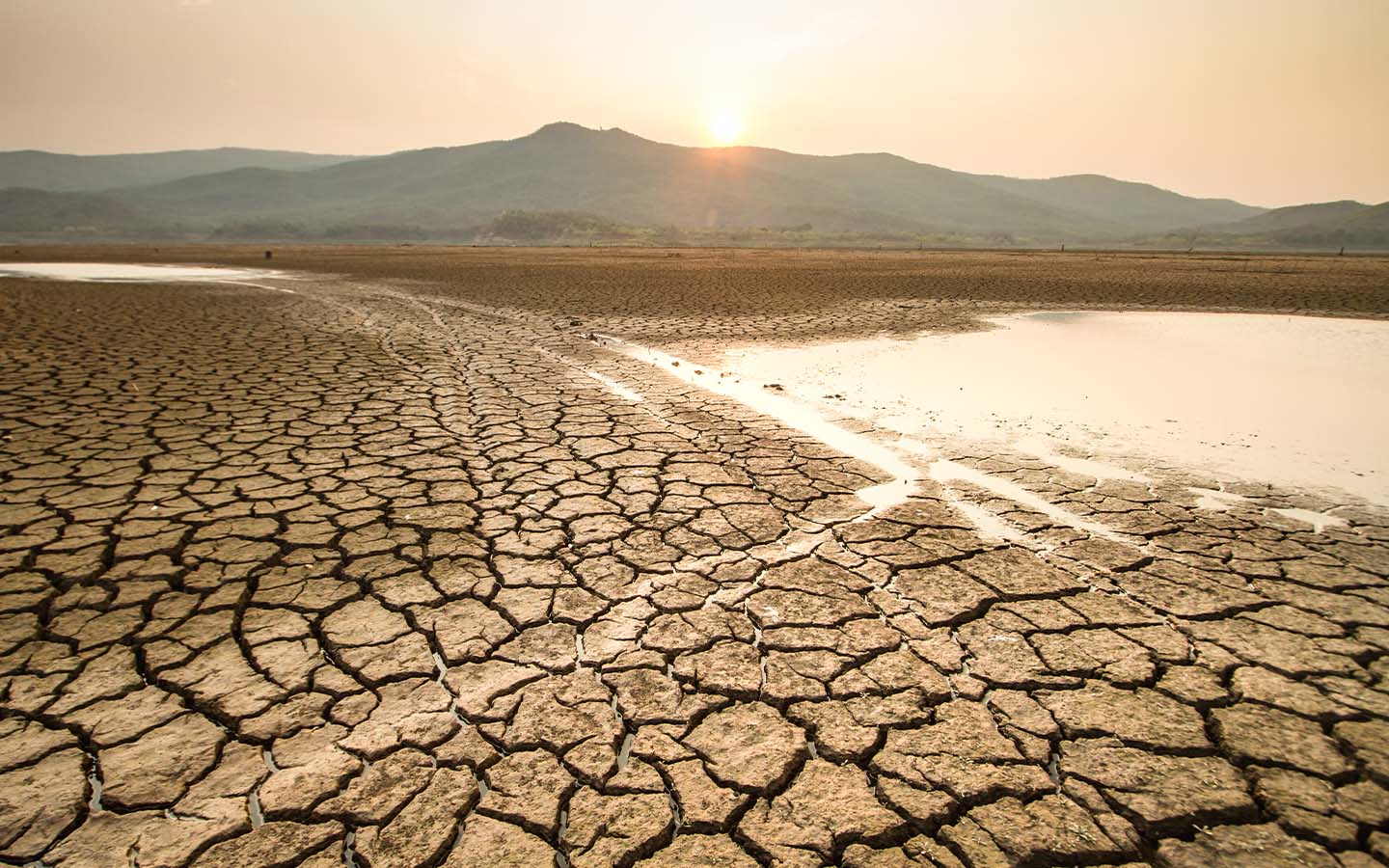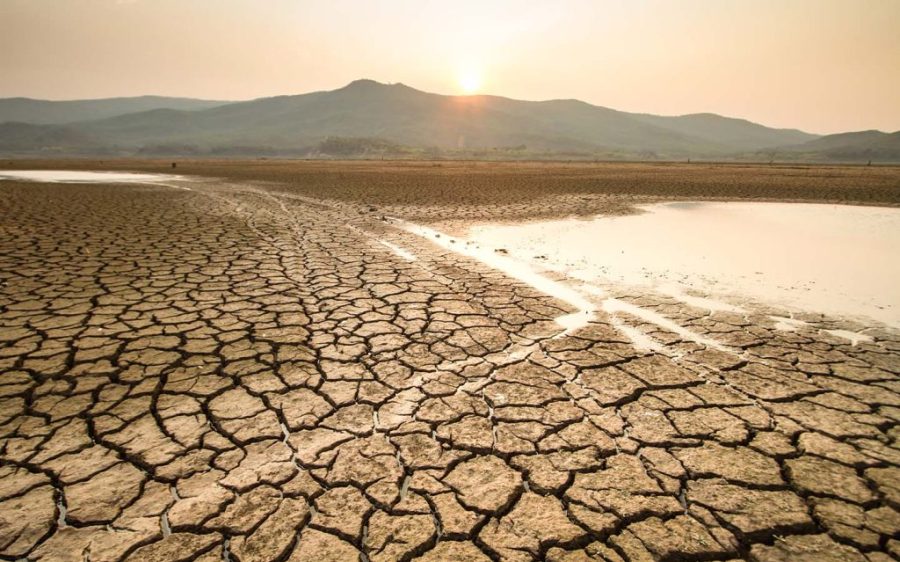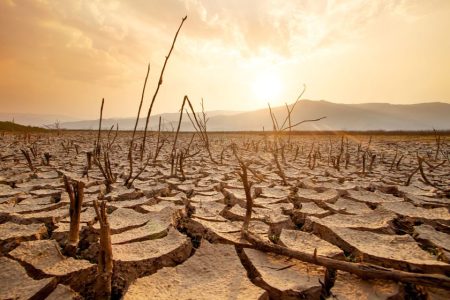A damning new report on the worsening impacts of climate change last year has been released by the research platform World Weather Attribution (WWA), in partnership with Climate Central.
At least 3,700 people died and millions were displaced by the 29 weather events studied for the report – accounting for just over 13 percent of the 219 events that met the trigger criteria used to identify the most impactful weather events. More than 82 percent of the weather events studied were made worse by climate change, as record-breaking temperatures fuelled severe heatwaves, drought, wildfire, storms and floods.
Heat itself is the deadliest form of extreme weather – and often the most underappreciated and underreported. The report found that on average, we experienced 41 additional days of dangerous heat resulting from climate change. Of the countries experiencing more than 130 such days, the overwhelming majority are Small Island Developing States, which did little to create the climate change crisis.
While phasing out fossil fuels remains the primary tool in combating climate change, WWA also advised countries to provide targeted, timely warnings and clear instructions ahead of weather events, and to increase reporting on heatwaves so that the public is aware of the risks. Finance for developing countries, an area where COP29 recently fell short, will also play a critical role in enabling the most vulnerable to “protect lives and livelihoods, and create a stabler and more equitable world.”
[See more: The economic cost of climate change may be far higher than previously thought]
Warmer air holds more moisture, and heavy precipitation resulting from record-breaking heat in 2024 fuelled devastating flood events around the world. Of the 16 covered in the report, 15 showed a clear or probable climate change signal. These events also offer lessons, as timely warnings kept the death toll in Central Europe’s massive floods to less than 30, while a lack of flood defence maintenance and upgrades led to dam collapses in Sudan and Brazil that likely killed hundreds.
The same warm air, plus hotter oceans, also caused more destructive storms, with research by Climate Central finding that nearly 79 percent of Atlantic hurricanes between 2019 and 2023 had wind speeds one category higher than they would have been without human-made warming, while WWA found the risk of major typhoons in the Philippines increased as the climate warmed. In 2024, the archipelago experienced 24 cyclones, including six typhoons within just 30 days.
Warmer temperatures also cause severe droughts, which affected every continent in 2024, often with devastating impacts. A drought in southern Africa early this year left 20 million facing hunger. Drought also ravaged major wild biomes in Brazil, including the Amazon rainforest and Pantanal wetlands, that lead to widespread tree dieback and nearly 30 million hectares burned.






